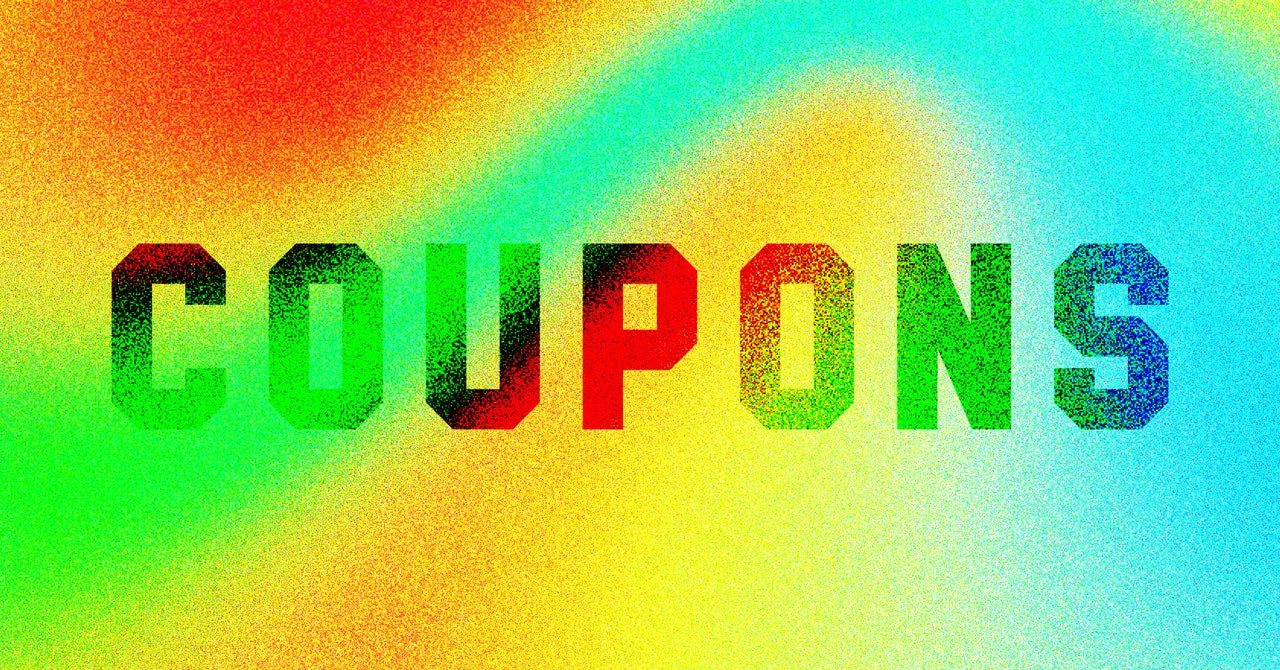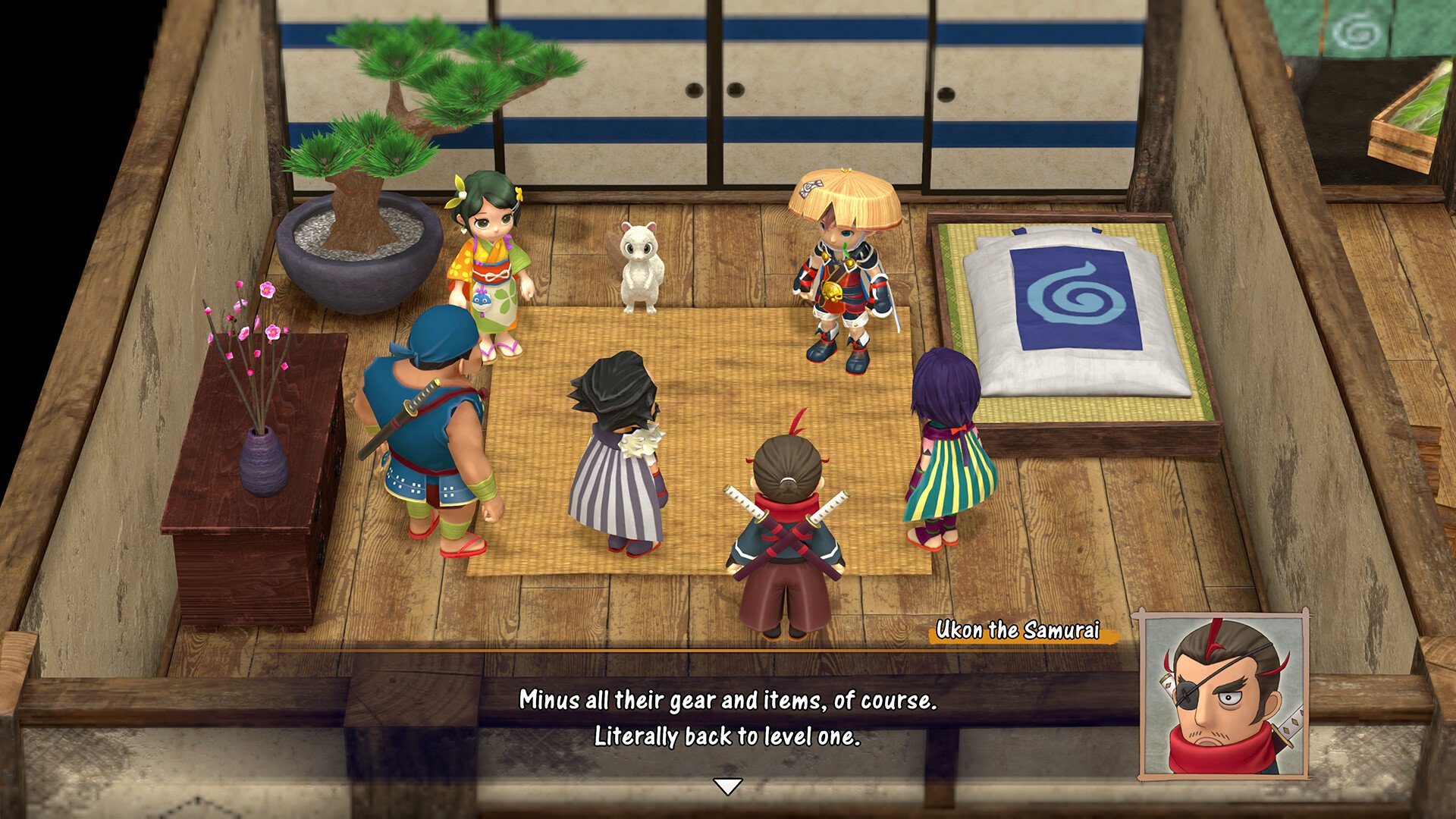Archaeologists have unearthed a treasure trove of old medical supplies in a Renaissance-era trash dump found in the Forum of Caesar in Rome. The supplies include a variety of containers, including several ancient “urine flasks” used to collect patients’ pee for testing.
The 16th-century dump was originally excavated in 2021. It’s believed the dump was leftover from the Ospedale dei Fornari (also known as the Bakers’ Hospital), which was built in the same space as Ceasar’s Forum. A paper on the discovery was recently published in the journal Antiquity.
The discovery was made when archaeologists with the Caesar’s Forum Excavation Project uncovered a large cistern full of ceramic vessels, like the ancient urine flasks featured in the image at the top of this article. These vessels are believed to have been used to collect medical waste and even test bodily fluids.
Many of the items found within the cistern are believed to have been part of standard patient items received whenever a patient arrived at the Bakers’ Hospital. These items include a jug for water, a plate, a bowl, and a jug, all of which were kept to the patient for hygienic purposes.
The archaeologists believe that more than half of the recovered items are the remains of items Latin medical texts refer to as matula, or ancient urine flasks. These items were used to collect the patient’s pee, allowing doctors to observe its color, smell, or even taste to test for different impurities.
“The patient’s urine would be poured into a flask to allow a doctor to observe its color, sedimentation, smell, and sometimes even taste,” the project members write in their study. The practice of uroscopy was vital to the doctor’s process during this period.
The discovery of these objects, including the ancient urine flasks, in the medical dump is the second piece of evidence that points towards doctors in the Renaissance period at least having some idea of how important hygiene was in the medical world. Ancient medicine often relied on miracle plants and other strange behavior to help treat different diseases and injuries.










